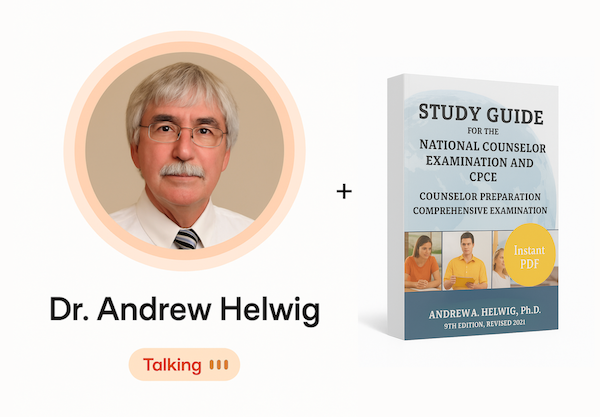The licensure process is never national, it always occurs at the state level. It also occurs following the passage of state legislation; it is a legal process unlike certification. All 50 states and the District of Columbia now provide for the licensure of professional counselors.
Similar to certification requirements, licensure requirements include a graduate degree in counseling or closely related field, certain graduate coursework, pre-degree counseling experiences, post-degree supervised work experience, and successful completion of an examination. Graduate degree credit hour requirements vary from state to state. Some require 48, some 60 and still others have a different requirement. The amount of post-degree supervised work experience hours also varies from state to state and is usually between 2,000 and 4,000. Which exam is required also varies. Approximately 42 states require the NCE, with some of these also requiring the national clinical exam, National Clinical Mental Health Counselor Exam (NCMHCE). A few states have other options.
A very good summary of the important licensure information for all states can be found in Licensure Requirements for Professional Counselors, A State-By-State Report published by ACA, the American Counseling Association (www.counseling.org).
The importance of becoming licensed is indisputable. Because licensure is a legal process, it has the attention of insurance companies which provide payment to providers of services. Thus, third-party (insurance carriers) paying for professional counseling services provided by licensed counselors is a reality. Such reimbursement is not universal or necessarily mandatory, but a likely possibility. Without licensure, insurance reimbursement for services provided to clients is not very likely.
For counselors residing in states that require the NCE for licensure, such individuals have then automatically completed the exam for national counselor certification as well. The application for licensure is a separate process from that of national certification. Exam results are usually good for five years.
See the Study Guide for the National Counselor Examination and CPCE and Dr. Andrew Helwig AI Study Assistant to learn more about Dr. Andrew Helwig’s counselor exam preparation materials.

